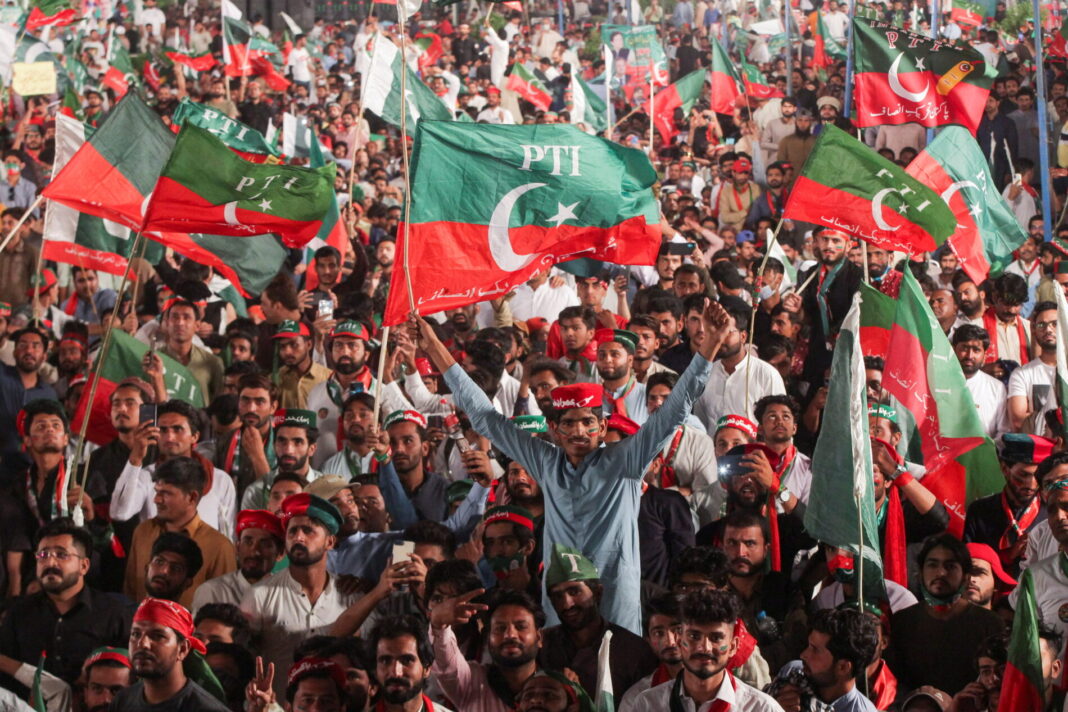The origins of the massive political crisis, which led to the Prime Minister Imran Khan’s dismissal, are numerous and have been unfolding for weeks
One of the first things to consider when discussing Pakistan is its geographical and thus strategic location. Pakistan is bordered on the west by Afghanistan and Iran, on the east by India, and on the north by China. As a result, what occurs in this country has a huge impact on worldwide geopolitics.
The current political turmoil in Pakistan revolves around Imran Khan, former cricket champion and the country’s Prime Minister. The latter led a coalition from 2018 until two weeks ago when, on April 10th, he was divested after receiving a vote of no confidence from parliament. Political unrest is not a novelty in this country: no prime minister of this nuclear-armed nation of 220 million people, which ranks second in the world by Muslim population, has ever made it to the end of the legislature since it was founded 75 years ago. Despite this, no one had ever been sent home with no confidence before now, with 174 votes against, two more than the basic required majority.
The origins of this massive political crisis, which led to Khan’s dismissal, are numerous and have been unfolding for weeks. The resolution of no confidence was supposed to be tabled in early April, but Qasim Suri, the vice president of parliament and a member of Khan’s own party, postponed it, claiming that it was unconstitutional because it went against Article 5 of the Constitution, which states that every citizen has a duty of loyalty to the state. The opposition criticised the government for this. Khan requested that Pakistani President Arif Alvi dissolve parliament and hold early elections shortly after. Khan’s actions in obstructing the trial and dissolving parliament were found unlawful by the country’s Supreme Court, which reinstated the house. Khan has accused the opposition of conspiring with the US to depose him and has urged his followers to hold widespread rallies.
Khan’s failure had both internal and external causes. Inside the Parliament, indeed, his Pakistan Tehreek-e-Insaf (PTI) party had lost coalition allies, denying him the necessary majority to defeat the no-confidence motion. From the outside, a pivotal role has always been played by the military. It was clearly explained by Nikkei Asia Review, which stated that the “Pakistani military is considered a deep state within the state, and has ruled the country, directly or indirectly, for most of its existence.
Today, in addition to facing India or managing the Taliban in Afghanistan, the military builds roads, runs factories, owns banks and runs television channels. However, he argues that it has nothing to do with politics”. As a result, given that it appeared to have lately lost military support, the consequences were expected. The deterioration of this relation was due to some altercations between Khan and the most powerful of the country, Qamar Javed Bajwa. Apparently, while general Bajwa was requesting its position to be confirmed again for another three years, Khan was actually considering dismissing him. It is necessary here to underline as well the ideological position of the two: indeed, while Khan is known to be pro-Russia and pro-China, Bajwa is instead considered pro-Western (it is no coincidence that he immediately condemned the Russian invasion of Ukraine). The fact that Pakistan has been moving away from the United States and toward China in recent years has worsened an already complex position. A situation marked by a severe economic crisis that lasted throughout Khan’s term.
Things did not go as planned after he promised during his political campaign in 2018 that the battle against corruption would be the major goal of his nationalist and populist party. In reality, the campaign against corruption was unsuccessful, and the economy has been steadily deteriorating, with inflation rates among the highest in the area and a spike in unemployment.
Shehbaz Sharif has been elected as Pakistan’s 23rd Prime Minister, and will serve until new elections are held in August 2023. After his brother, Pakistan’s three-time prime minister Nawaz Sharif, was sentenced to ten years in prison and disqualified from holding public office in the aftermath of the Panama Papers case, he was also named President of the Muslim League of Pakistan.
Sharif’s government’s key objective would be to implement electoral reforms as well as bring relief from the country’s difficult economic circumstances. Many things could happen before the next elections. However, Sharif will now have to face three major challenges: a rising inflation crisis, particularly hikes in petroleum prices; reliance on an ideologically heterogeneous political coalition; and a boisterous opponent in Khan, who continues to promote harmful conspiracy theories and will attempt to organise urban Pakistan against the new leader.
Read also “What’s going on in Sri Lanka?”.





